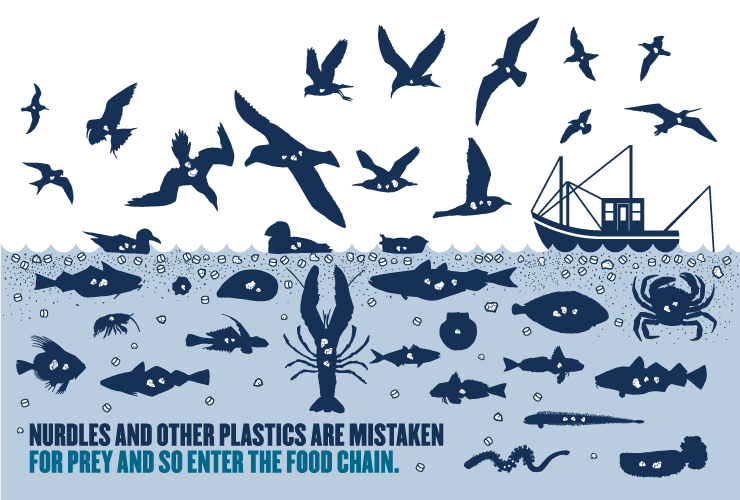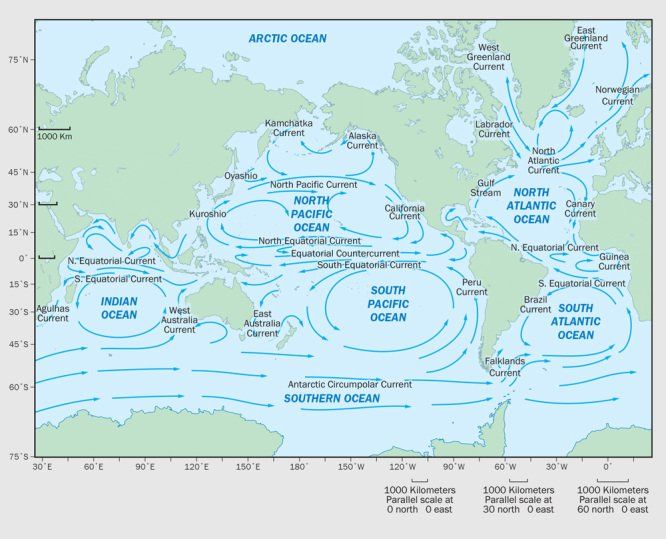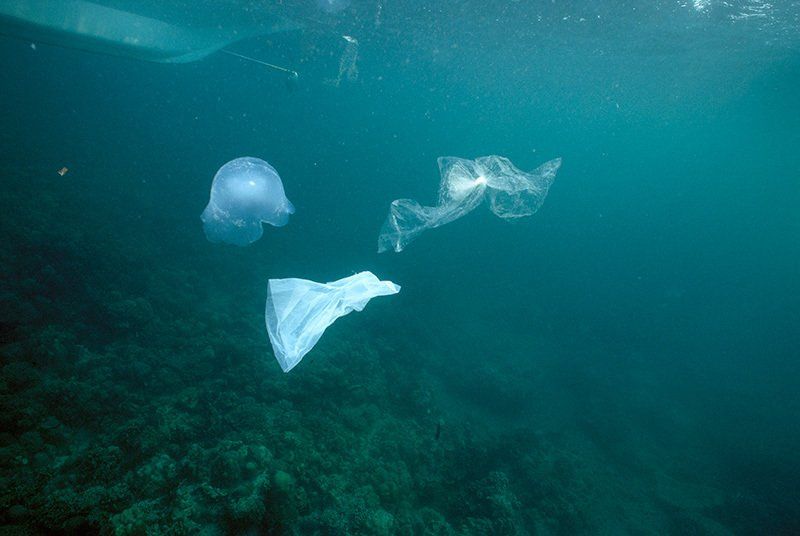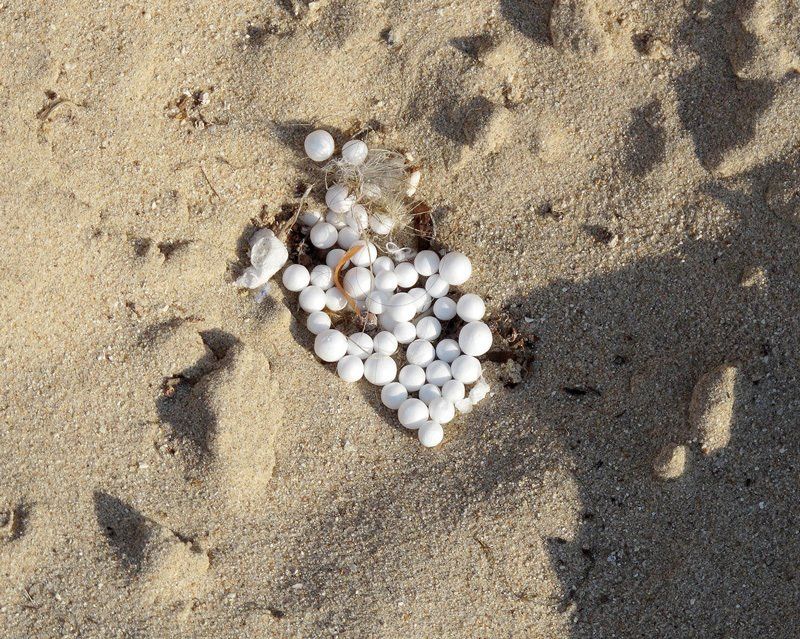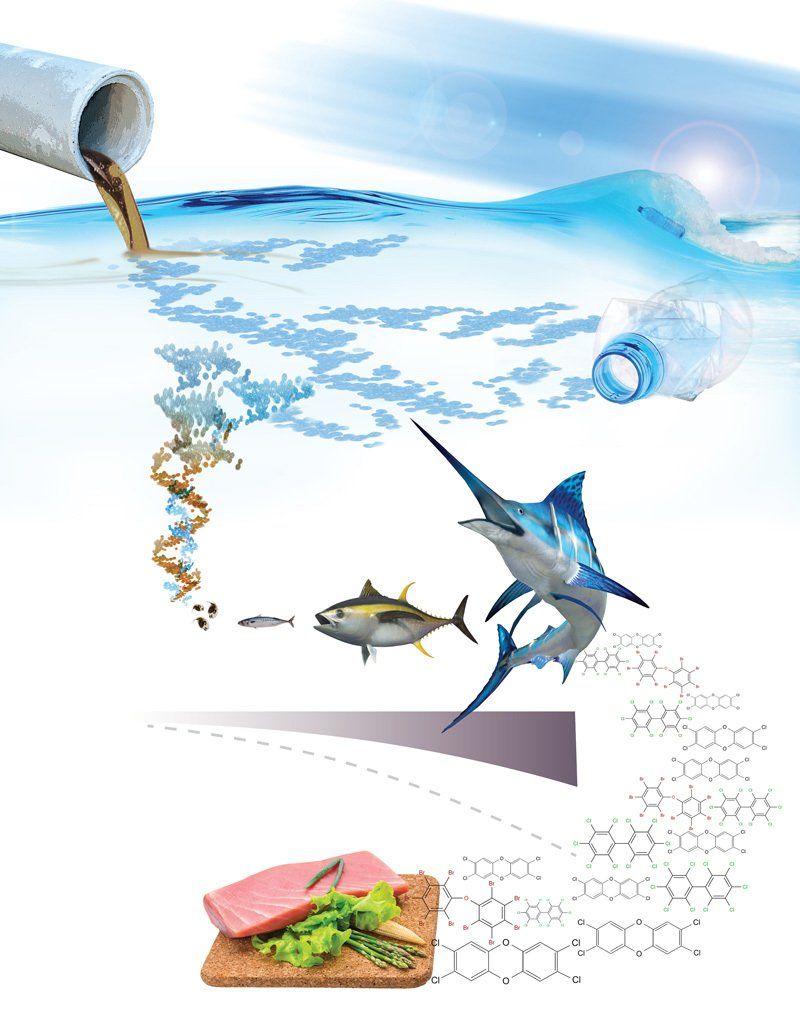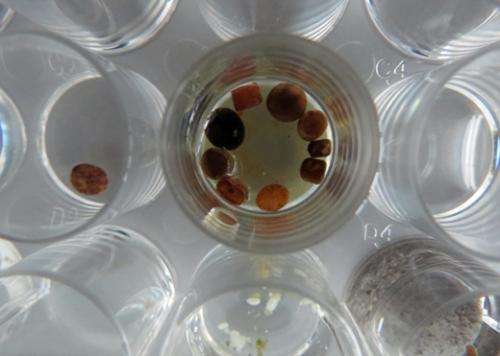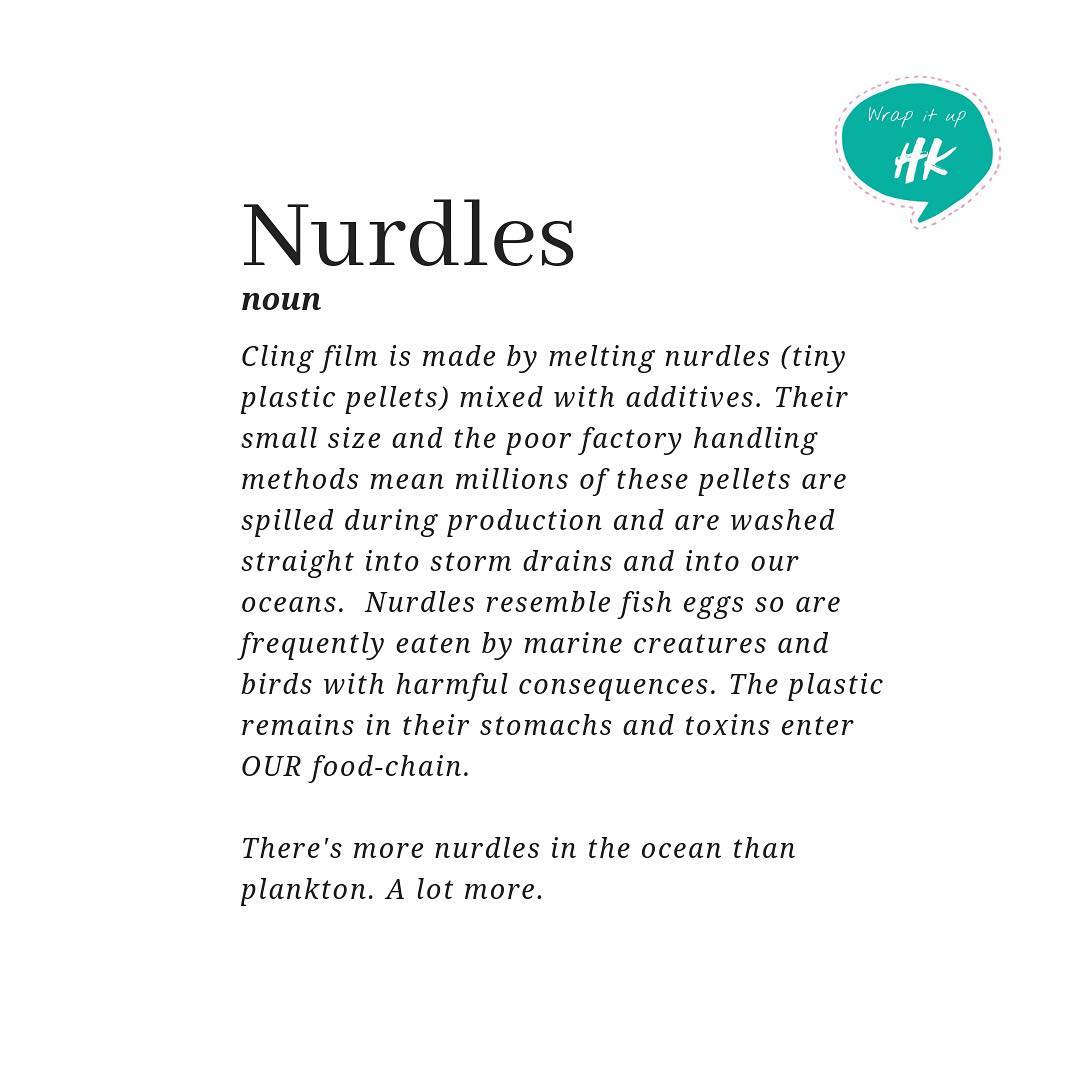Planned plastics factory in west Cork could be a serious threat to the health of the local marine environment.
An Bord Pleanála has rejected the appeal against the decision to build a plastics factory in Skibbereen, Co. Cork. In response, local volunteer group "Save Our Skibbereen" will apply to the High Court for a judicial review. To help spread awareness of the importance of this campaign we have compiled a review of the potential effects and risks to marine wildlife along west Cork's "Wild Atlantic Way", should this plastics factory go ahead.
Cork County Council has granted permission for the construction and operation of a plastics factory "Daly Products" Ltd., an Irish division of a Minnesota-based plastics firm RTP, in December 2017. Local residents opposed the planning on the grounds of not being informed about the potential risk to human health and the health of the environment from living near a thermoplastics factory. Among the dangers such as, risks of fires, there is a growing concern about the risk of water contamination from by-products of plastics manufacturing- small plastic pellets called nurdles.
Plastic resin pellet pollution is a type of marine debris originating from plastic particles utilized in manufacturing large-scale plastics. These pre-production plastic pellets are created separately from the user plastics, then they are melted down to form, and pellet loss is incurred during both the manufacturing and transport stages. Commonly referred to as nurdles , these plastics are released into the open environment, creating pollution in the oceans and on beaches.
In recent years plastic pollution in the ocean has become a significant environmental concern for governments, scientists, non-governmental organizations, and members of the public worldwide. A 2014 study derived from six years of research by the 5 Gyres Institute estimated that 5.25 trillion plastic particles weighing some 269,000 tons are floating on the surface of the sea.
Plastics in consumer products have become the focus of increasing scrutiny regarding their potential effects on human health. Bisphenol A (BPA), a component of polycarbonate plastics is an endocrine disruptor, and one of the most widely known chemicals in plastics. BPA, however, is only one of many monomers, plasticizers, flame retardants, antimicrobials, and other chemicals used in plastics manufacturing that are able to travel into the marine environment. High concentrations for PCBs and other organic pesticides have been found in high levels in the blubber of cetaceans have been known to cause reproductive problems, for example killer whales ( Orcinus orca ) from the Scottish west coast community were found to have extremely high levels of PCBs in their blubber and have not produced viable offspring in over two decades.
Human exposures to plastics and the potential health hazards of plastics that have entered the marine food chain must be considered carefully by authorities in cases of the plastics factory proposal in Skibbereen, west Cork. Studies have demonstrated plastics’ tendency to sorb persistent, bioaccumulative, and toxic substances, which are present in trace quantities in almost all water bodies. The constituents of plastics, as well as the chemicals and metals they sorb, can travel into the bodies of marine organisms upon consumption where they concentrate and eventually reach the human food chain (Rochmen et al.,
2013; Browne et al
., 2013; Tanaka et al.,
2013; Chue et al
., 2014).
Larger pieces of plastic is not the only way microplastics end up in the ocean. Nurdles—the plastic pellets used as a feedstock for producing plastic goods—can spill from ships or land-based sources (Thompson et al ., 2009), and “microbeads” used as scrubbing agents in personal care products such as skin cleansers, toothpastes, and shampoos, can escape water-treatment facilities and pass into watersheds with treated water (Fendall & Sewell, 2009). A survey of 279 UK beaches has found that almost three quarters are littered with nurdles, while 230,000 tonnes are estimated to enter European seas every year.
Marine organisms throughout the food chain frequently ingest plastics of various sizes (Davison et al
., 2011 ). From microplastics, small enough to be mistaken for food by zooplankton, (Cole et al
., 2013), allowing them to enter the food chain at very low trophic levels, to marine top predators that are also at risk of plastic pollution, predatory fish are particularly vulnerable, thought to confuse nurdles (which typically measure less than 5 mm in diameter) with fish eggs or other food sources (Ellison, 2013;Lusher et al
. 2013).
According to www.nurdlehunt.co.uk plastic nurdles are often mistaken for food by animals such as fish, crustaceans and many other species , likely attributed to small sized colourless nurdles looking like fish eggs, particularly by seabirds, Ryan (1987).
Mark Newell from the Centre for Ecology and Hydrology and his team collect puffins found dead on the Isle of May, Scotland, to monitor the health of the population and as part of their research they perform necropsies to investigate what the birds have been eating. The researchers found strange pieces of plastic to which they later identified as plastic nurdles.
West Cork is home to a variety of marine megafauna, with a diverse array of cetacean species (whales, dolphins and porpoise), from the harbour porpoise ( Phocoena phocoena
) to larger rorquals such as the humpback ( Megaptera novaeangliae
) and the fin whale ( Balaenoptera physalus
) to large predatory fish such as Atlantic bluefin tuna ( Thunnus thynnus
). The river IIen, the river to which the proposed plastics factory will ultimately send its waste water to post treatment in the local wastewater treatment plant, leads directly to Roaring Water Bay- Special Area of Conservation for the harbour porpoise, a protected species under the EU Habitats Directive. Of yet no formal Environmental Impact Assessment (EIA) has been carried out to investigate the potential risks to local marine wildlife, such as seals, sharks, seabirds, fish and ultimately larger animals such as whales. Read more here: https://www.orcireland.ie/plastics-confirmed-to-be-the-cause-of-mortality-in-the-largest-ever-strand...
To date, 6,928 people have signed the petition made by Save Our Skibbereen to stop this plastics factory. Please sign the petition here: https://secure.avaaz.org/en/community_petitions/IRISH_GOVERNMENT_IRISH_GREEN_BELT_LAND_REZONED_FOR_P...
Save Our Skibbereen has been opposing this plastics factory from the start, having applied for leave to bring a judicial review proceedings after the inspector recommended refusing planning on the plastics factory but An Board Pleanala ignored this recommendation. The group is appealing to the public and locals of west Cork to help raise funds for the Judicial Review at www.saveourskibereen.ie.
For more information or to donate please visit www.saveourskibbereen.ie.
SHARE THIS ARTICLE






